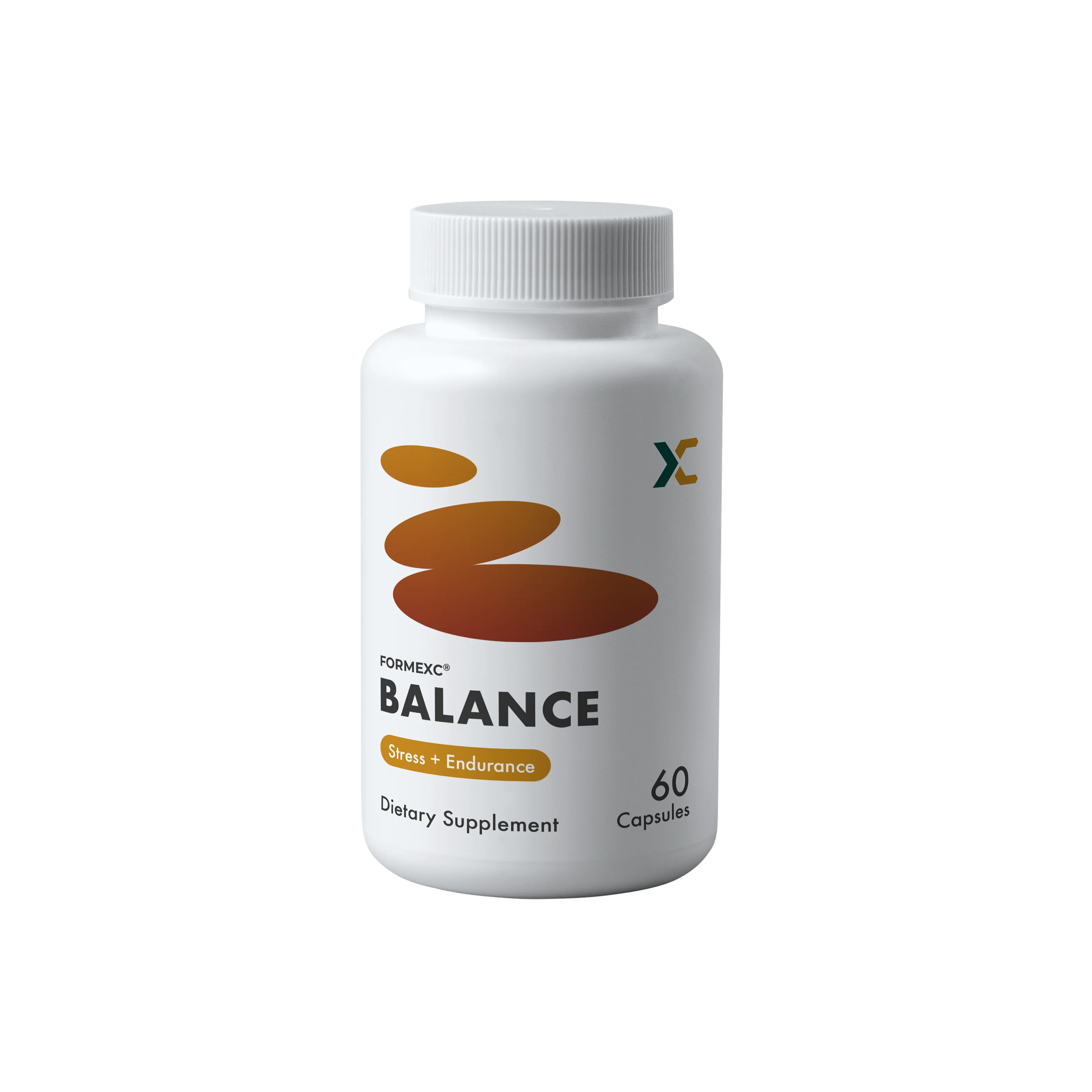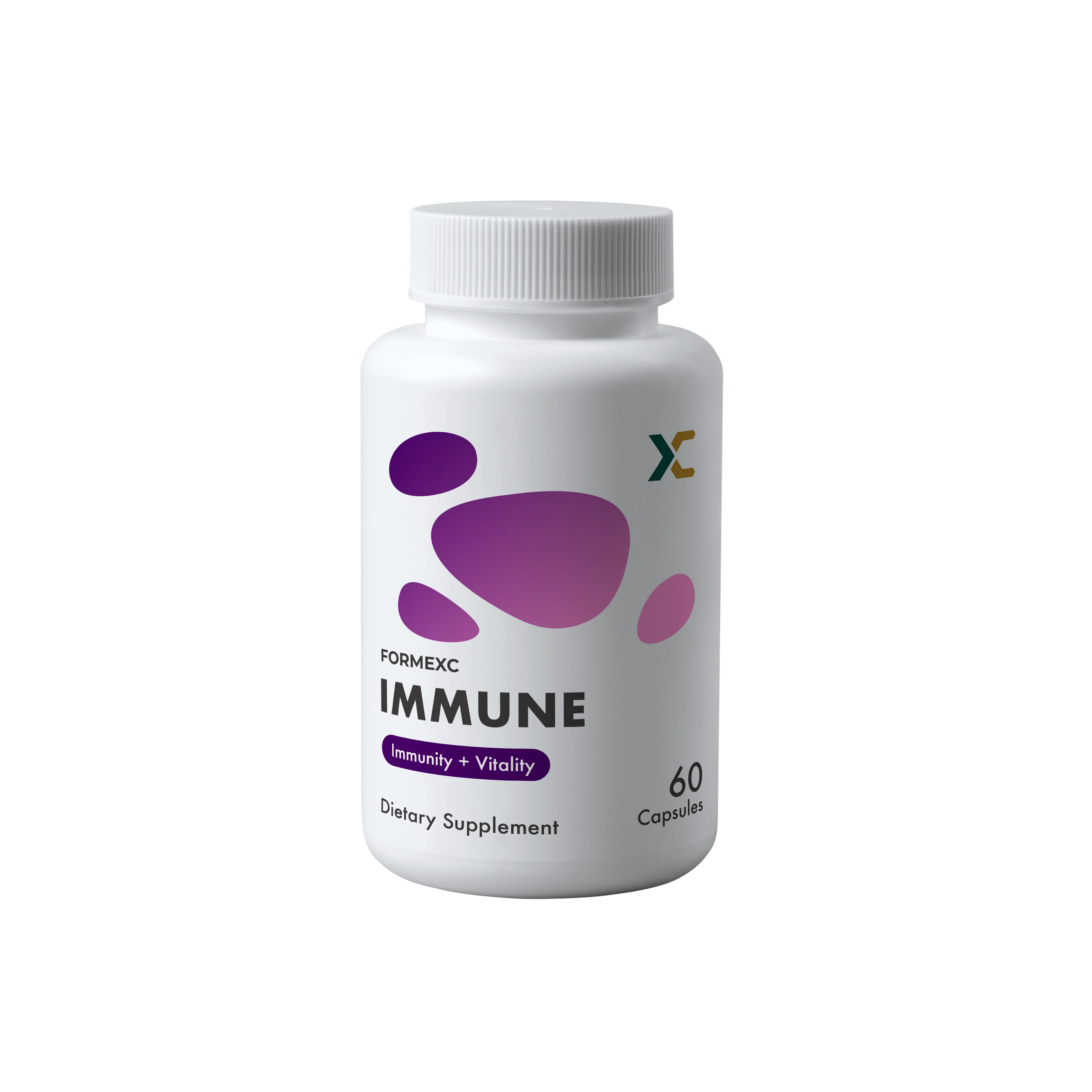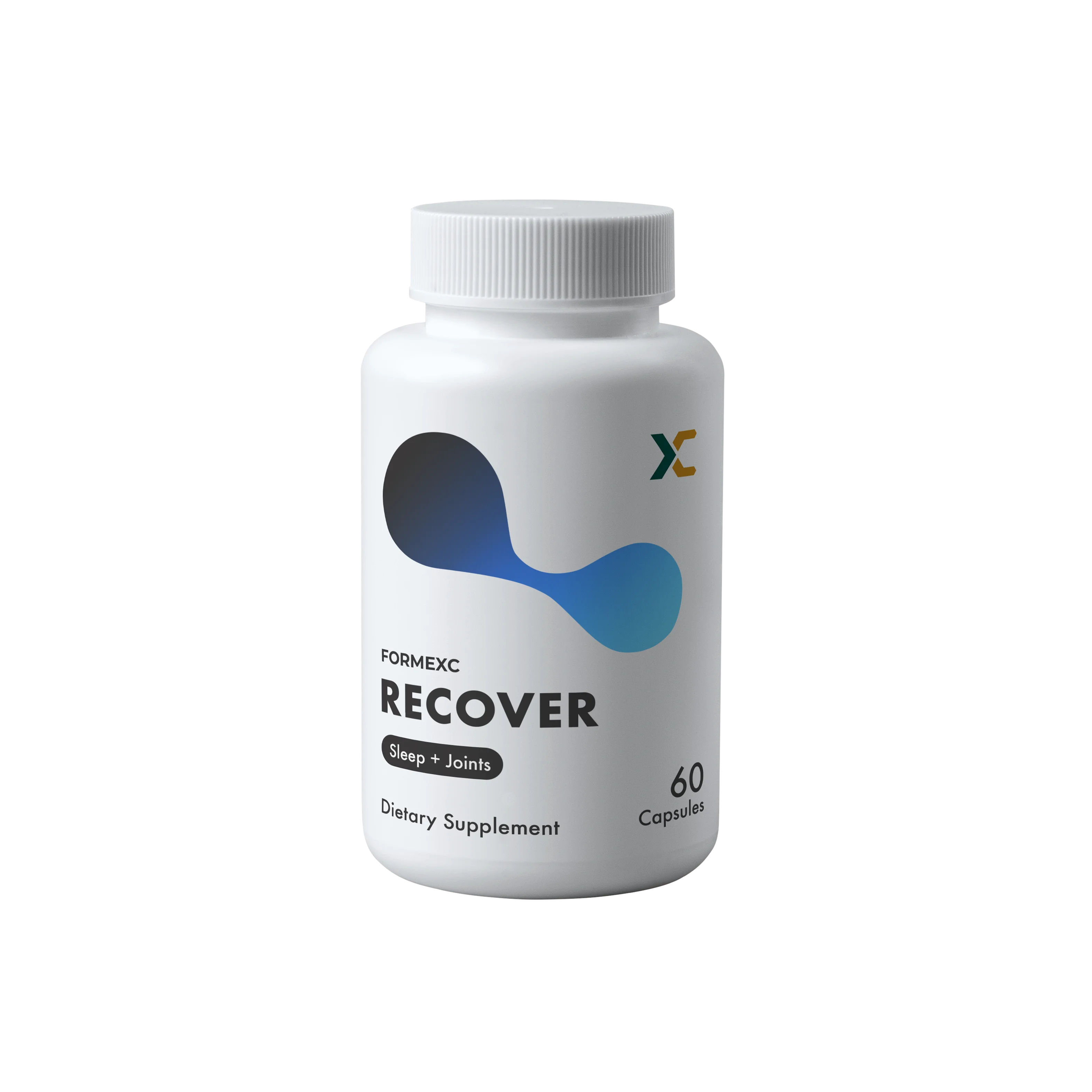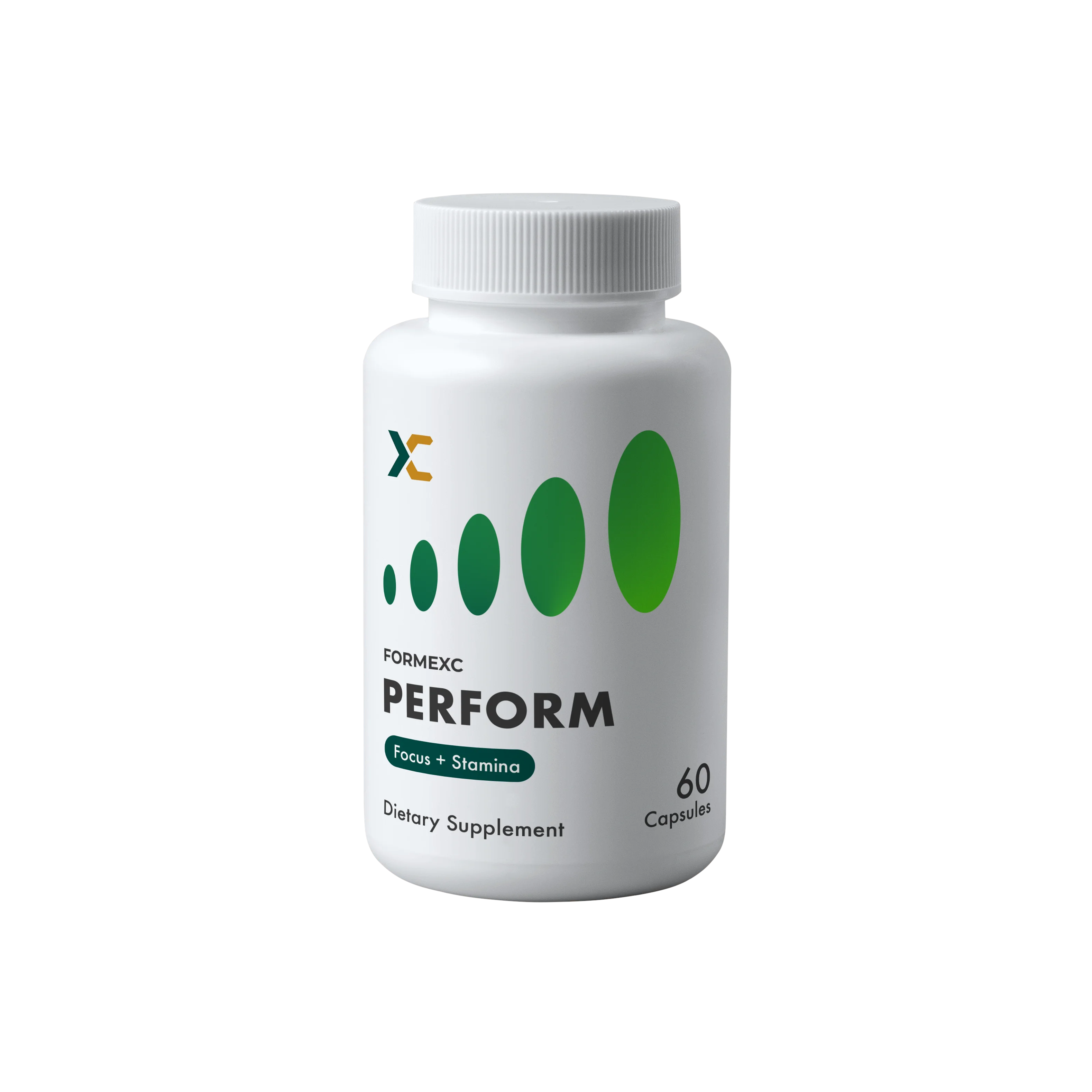When it comes to optimising athletic performance, the conversation often revolves around protein, carbohydrates, and hydration. But there's another unsung hero that deserves a spotlight: Vitamin A. This essential nutrient plays a crucial role in maintaining peak physical performance and overall health, making it a vital component of any athlete's diet.
What is Vitamin A?
Vitamin A is a fat-soluble vitamin that comes in two main forms: preformed vitamin A (retinol) and provitamin A carotenoids (most notably beta-carotene). Retinol is found in animal products like liver, dairy, and fish, while beta-carotene is abundant in colourful fruits and vegetables such as carrots, sweet potatoes, and spinach.
Why Do Athletes Need Vitamin A?
- Vision and Performance: Good vision is crucial for athletes, whether they're tracking a fast-moving ball, navigating a racecourse, or maintaining situational awareness on the field. Vitamin A is essential for maintaining healthy vision and preventing night blindness. It helps convert light into signals that can be sent to the brain, improving visual acuity and performance under various lighting conditions.
- Immune Function: Athletes often push their bodies to the limit, which can sometimes weaken the immune system and make them more susceptible to infections. Vitamin A supports the production and function of white blood cells, which are essential for fighting off pathogens. A robust immune system means fewer sick days and more consistent training.
- Cell Growth and Repair: High-intensity training can cause muscle damage, which requires efficient repair mechanisms to ensure quick recovery and growth. Vitamin A plays a key role in cell growth and differentiation, helping to repair tissues and maintain healthy skin, mucous membranes, and muscle fibres.
- Antioxidant Properties: Exercise-induced oxidative stress can lead to cellular damage if not properly managed. Vitamin A, particularly in the form of beta-carotene, acts as an antioxidant, neutralising free radicals and reducing oxidative stress. This protection helps in reducing inflammation and muscle soreness after workouts.
When it comes to maximising the benefits of vitamin A, several compounds can create synergistic effects, enhancing its absorption and functionality:
-
Zinc
- Conversion and Transport: Zinc is essential for the synthesis of retinol-binding protein (RBP), which is necessary for the transport of vitamin A from the liver, where it is stored, to tissues throughout the body. Without adequate zinc, vitamin A cannot effectively be mobilised or utilised, leading to deficiencies even if dietary intake of vitamin A is sufficient.
- Enzyme Activation: Zinc is a cofactor for the enzyme retinol dehydrogenase, which is involved in the conversion of retinol (vitamin A) to retinal, a key step in the visual cycle. This conversion is critical for maintaining good vision, particularly in low-light conditions.
- Immune Function: Both vitamin A and zinc are vital for maintaining a healthy immune system. They work together to support the development and function of immune cells, enhancing the body’s ability to fight off infections. This synergy is particularly important for athletes who are more prone to infections due to intense training regimens.
- Cellular Growth and Repair: Vitamin A and zinc are both involved in cell division and growth. Zinc’s role in DNA synthesis complements vitamin A’s role in cellular differentiation, making this duo essential for muscle repair and recovery post-exercise.
While zinc stands out as a key partner for vitamin A, other nutrients also play a supportive role:
- Vitamin E: This fat-soluble antioxidant helps protect vitamin A from oxidation, thereby preserving its efficacy. Together, they support skin health, immune function, and vision.
- Vitamin D: While not directly synergistic with vitamin A, vitamin D is crucial for overall health, and maintaining a balance between fat-soluble vitamins (A, D, E, K) ensures optimal absorption and utilisation.
Best Sources of Vitamin A for Athletes
- Animal Products:
- Liver (beef, chicken): A powerhouse of preformed vitamin A.
- Dairy products: Milk, cheese, and yogurt are good sources.
- Fish: Especially oily fishlike salmon and mackerel.
- Plant-Based Sources:
- Carrots: A classic, rich in beta-carotene.
- Sweet potatoes: One medium sweet potato can provide more than the daily requirement.
- Butternut squash: A great source and readily available.
- Leafy greens: Spinach, kale, and collard greens are excellent sources.
- Red and orange bell peppers: Versatile and packed with beta-carotene.
- Fruits: Mangoes and apricots are delicious ways to boost intake.
Practical Tips for Athletes
- Balanced Diet: Incorporate a variety of vitamin A-rich foods in your daily diet to ensure you're getting both retinol and beta-carotene.
- Colourful Plates: Aim for colourful meals—those bright reds, oranges, and greens are often indicators of beta-carotene-rich foods.
- Consider Supplements: Formexc IMMUNE contains 10,000iu of vitamin A along with other natural ingredients that can boost your immune system and athletic performance such as: Chaga and Turkey Tail mushrooms, Zinc, Vitamin C, E, D, K2 etc.
Click here to read more about Formexc IMMUNE and use the code "NEW10" to get 10% off your first order.
Did you find this article useful? Share it with a friend and spread the love for healthy living.
Your success fuels our motivation.
Love,
Team Formexc 💚💛







